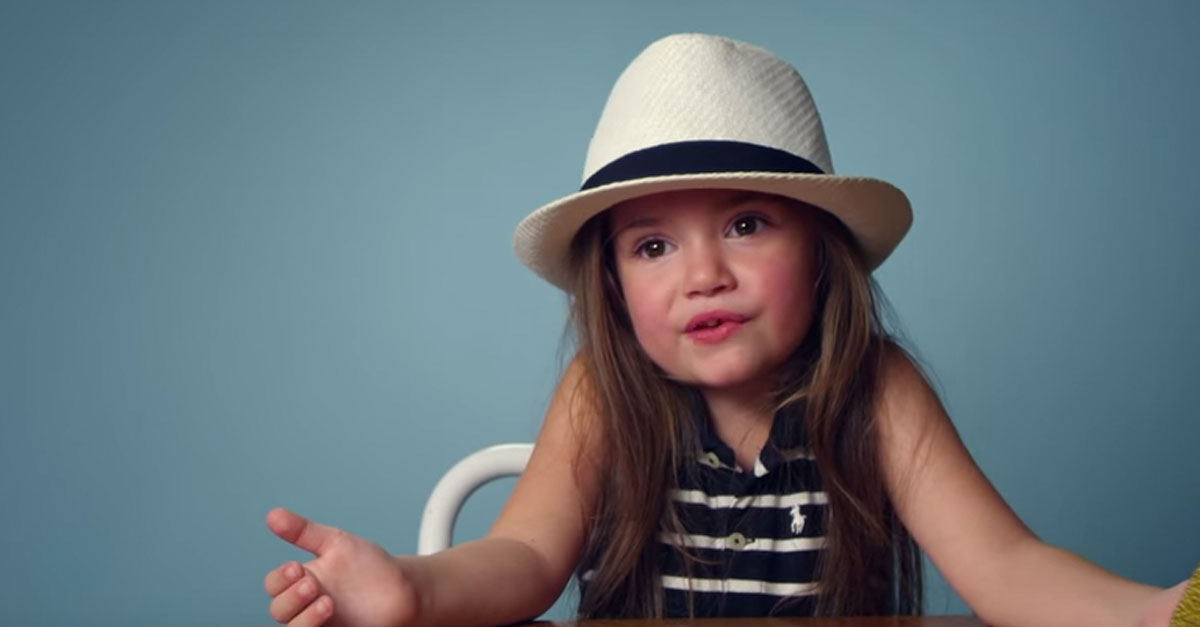What is happiness? Is it merely a way of describing a state of financial security or success? This is a question that has plagued humanity since the dawn of democracy and capitalism.
The existential pursuit of happiness is so powerful a goal, that it was even included in our constitution as an unalienable human right. Years of philosophy and psychology research has gone into attempting to define this pursuit, in the hopes that by analyzing it, one day we can come up with a formula or way of living that will allow each and every one of us an equal chance at attaining it.
Yet despite the plethora of debates on the topic – amongst family members at the dinner table, between drinking buddies at local bars, and amidst scholars sitting in their offices – the fact still remains: not only do we have trouble defining and separating ideas like happiness and success, we still have no idea how to attain them with any amount of surety. With factors such as marital status, wealth, career growth, and popularity clouding the issue, how will we ever answer these questions and get to the root of the issue?
Luckily, some brilliant researchers at Strayer University think they have found the perfect way to further the discussion. If the definition of words like happiness and success are so complicated for adults, with their crazy chaotic lives and nuanced trains of thought, the researchers pondered, what if instead we ask the most innocent and pure of us all: children. Too simple of a solution, you think? Well, take a look at this remarkable video, in which the youngest of us show that defining success isn’t so difficult after all.
The researchers brought a group of kids between the ages of 3 and 11 to answer the questions, “Would you rather be rich or happy?” and “What is success?” Their answers can teach us all a little bit about what’s important in life.
SHARE the love and pass it on!

